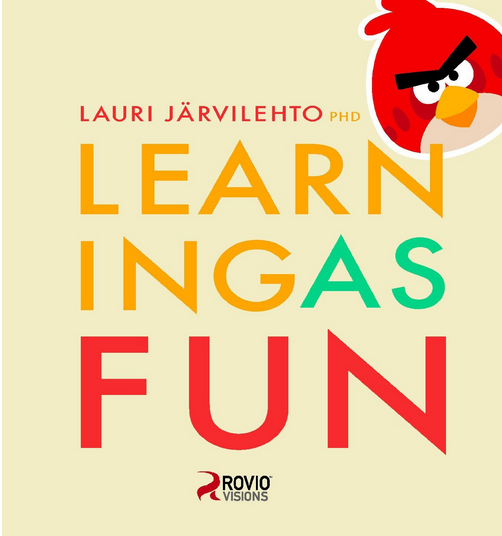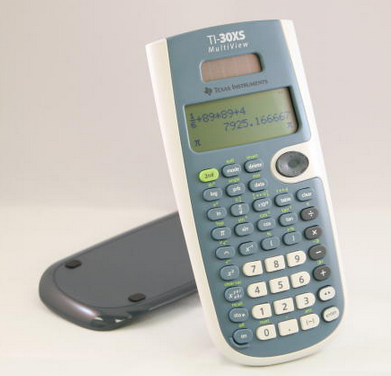As is my tradition of combining my Christmas wishlist with my passion for innovation and strategic changes in the field of adult education, here's what I'm reading or would like to be reading (hint, hint - don't get them for me, get them for yourself and your coworkers!).
Blended: Using Disruptive Innovation to Improve Schools
If you recall my frequent promotion of Clayton Christensen's Disrupting Class, this is the follow-up that puts meat on the bones and makes the blended learning prescription practical for educators. My coworkers say the book gives them more ideas than they know what to do with, which is a pretty good way to start 2015. Available here on Amazon.
Teaching Machines
A No.2 pencil is technology. So is your whiteboard, that old reliable overhead projector, the challkboard, etc. That's where this book starts in chronicling the phenomenon of introducing new tools in education. What changes result? What's worked and what hasn't. Maybe when we're struggling to integrate the features of a new LMS or a student-centered learning portal we can look to the past for some pointers, because teachers have always been riding waves of innovation from the dawn of the classroom to the removal of the classroom walls. From what I see online, it looks like this author is at UVA, just an hour from me. I may have to reach out and say hey. Available on Amazon here.
Learning As Fun
You had me at Angry Birds, though I feel silly thinking back on how much time I spent blitzing through the levels of that game, smashing everything in my path. Maybe I was learning important physics concepts? It doesn't look like this one is actually about Angry Birds, thankfully. From the publisher:
Drawing from the fields of motivational psychology, neuroscience and the philosophy of the mind, Learning as Fun shows that engagement, motivation and flow are the key factors in creating durable learning experiences, specifically in acquiring new skills and knowledge.
Sounds just like my boss talking about the latest update to GED Academy... The Kindle version is available through Amazon here.
Monsters of Education Technology
Not to undersell this book (I already ordered mine on Amazon), but Audrey Watters is prolific on the web. Go read her now. Since the book compiles her 2014 lectures, I'm guessing it's far-ranging and hard to synopsize. So, I included the table of contents, which is full of intrigue. And who doesn't like a good boogieman story? Or better yet, boogiemen debunked? Or both?
Authentic Learning in the Digital Age: Engaging Students Through Inquiry
Everywhere I go as an sales rep focused on adult education, I hear state-level admins and professional development trainers talking about securing deeper learning than the old drill and practice test prep through group work, exploring high-interest topics, and project based learning. And my response is to agree vigorously and try to talk about the ways technology, especially Essential Education's tech tools, can play an important role in deepening instruction. This book, I'm hoping, will be a great resource for teachers creating lesson plans in previously uncharted waters. Available on Amazon.
How to Teach Adults
As I work to help teachers align their instruction to whichever high school equivalency exam their state is using, I'm seeing a lot of people looking for quick fixes and shortcuts and sometimes openly calling for a more remedial assessment, which really makes me uneasy. Why are we educators in the first place? The debate over focusing on short-term gains versus long-term skills makes wonder how much of the adult education equation is up for debate. Maybe we need to start from the foundation and rebuild so we have a system that addresses a core adragogical mission in addition to passing scores on tests. The title says 'How' but all throughout he addresses the 'Why,' and I'll bet it strikes a chord with you. Look for a future post about Dan Spalding's perspective on adult ed, because it's a good one. Get yours from the author directly.

What Connected Educators Do Differently
It seems like techie teachers are just cut from a different cloth, but when you look at their lesson plans and their daily routines, it's not so hard to adopt some of their practices. This book will probably help with that, but you'll have to wait, because it comes out in February 2015 according to Amazon.
If you're squeamish about the idea of reading an edtech book (they're usually pretty exciting, actually), this one here may be a good primer. Or you can go back to my edtech book list from 2012 or the one from 2013.

















